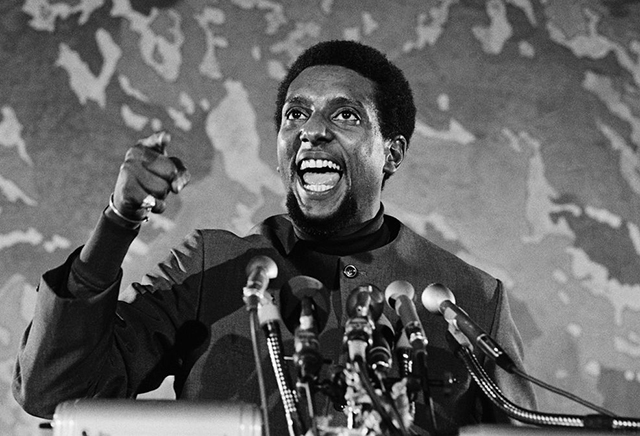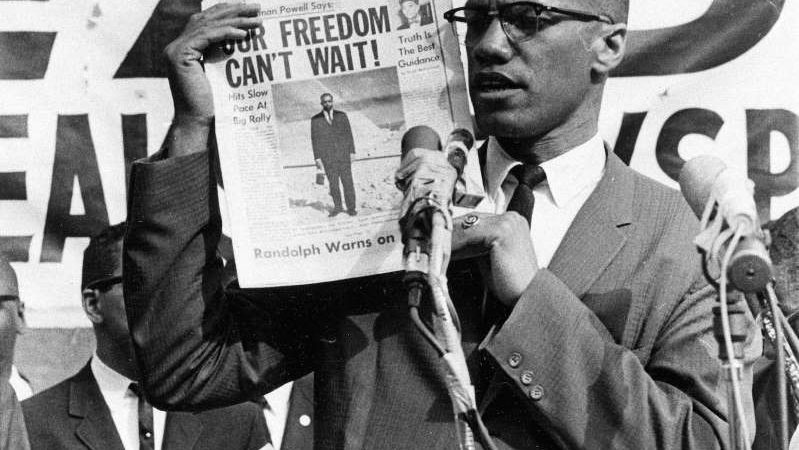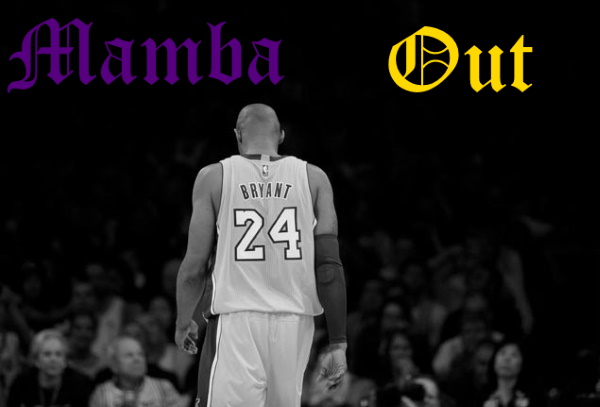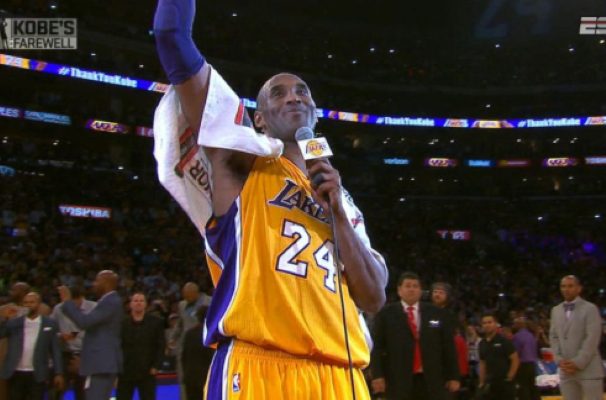Backpackers often play the role of revisionist historians, chastising their mainstream peers for not remaining true to the “conscious” roots of Hip-Hop. Though it was birthed by the Black Community, Hip-Hop was not initially conceived as a Black Consciousness movement. Yet, Rap music eventually did develop a sense of social awareness that would blossom during the golden era. Today, that consciousness has seemingly dissipated as a new generation of artists and fans have adopted an “ignorance is bliss” mantra. The question begs to be answered, when and why did Hip-Hop become so resistant to commenting on the world in a meaningful way?
Though they were never representative of the culture as a whole, Hip-Hop’s conscious roots run deeper than one might think. Many trace them directly back to Grand Master Flash and the Furious Five’s seminal recording “The Message.” While that early hit did have an undeniable impact, it wasn’t exactly the very first of its kind. Two years earlier, Brother D & the Collective Effort released “How We Gonna Make The Black Nation Rise?” Brother D – How We Gonna Make the Black Nation Rise
Politically conscious rap in the modern sense was birthed by two sophomore albums released in 1988: Boogie Down Productions By All Means Necessary and Public Enemy’s It Takes a Nation of Millions to Hold Us Back. The former played a major role in reshaping KRS-1’s image in the wake of Scott La Rock’s murder. The latter would have an even bigger impact still, injecting a sense of militancy and urgency into a burgeoning subgenre. It galvanized a generation that had been mesmerized by the decadence of the crack trade by powerfully channeling the attitudes and rhetoric of the Black Power generation.
The grim, uncompromising realities depicted in “The Message” also helped birth a more infamous variant of the music: Gangsta Rap. Gangsta music engaged in its own form of profane social commentary, choosing to look at the same issues addressed by groups like PE, but from a different vantage point. “Straight Outta Compton,” another highly influential album released in 1988, seemed to reveal a political side in spite of its more base intentions. “Fuck tha Police” was a concentrated dose of angst aimed at an increasingly totalitarian police force. This tradition would continue in varying degrees by prominent mainstream rap artists such as Ice Cube, Above the Law, 2Pac, and others.
Unfortunately, the irreverence and inherent nihilism of the genre was what the masses seemed to be the most intrigued by. Ice Cube perfectly captured such sentiments with a few choice lines from his song “Rollin With The Lench Mob” from his solo debut Amerikkka’s Most Wanted: “Some say the Mob ain’t positive/Man fuck that shit cause I gots to live/How I live and you could either give a fuck punk/Yo or get your ass bucked/Some rappers are heaven-sent/But Self-Destruction don’t pay the fucking rent.” The irony is that Gangsta music and politically conscious rap were, for a time, opposite bookends that complimented each other nicely.
After 1992’s The Chronic effectively converted West Gangsta Rap into yet another form of vapid American Pop music, the subgenre’s development mirrored that of Blaxploitation. Socio-political commentary gave way to full on gangsta parties and debauchery. As the beats became more melodic and the hooks more catchy, drug use was more openly advocated. The violence and misogyny were of robbed of any discernable context, taking on a cartoonish bend. Record execs fueled this deterioration, as it helped to simultaneously emasculate and lobotomize a once potent form while converting it into a whore fit for walking the corporate stroll. East coast rappers were likewise inspired to abandon the traditions established by PE and the Blast Master as Bad Boy successfully adapted the Death Row formula for the five boroughs.
Here we are in 2011, and Hip-Hop is now in the hands of an entire generation that has been weaned on the idea that music should be nothing more than a mindless diversion. The modern day descendants of KRS-1, Chuck D, and Ice Cube now perform for white college students and other fringe audiences. Meanwhile Rap’s mainstream acts trivialize the struggle in order to glorify their own image. Jeezy inappropriately evokes an image of Malcolm X to pay tribute to the dope game. Kanye boldly compares himself to the likes of Emmitt Till. It’s time to remind our youth that it’s not only okay to actually care about the world around them, but essential.
Follow Malice Intended on Twitter @ http://twitter.com/renaissance1977
Follow Us on Twitter @ http://twitter.com/planetill
Join Us on the Planet Ill Facebook Group for more discussion
Follow us on Networked Blog






One thought on “How Did Hip-Hop Lose Its Conscious Spark?”